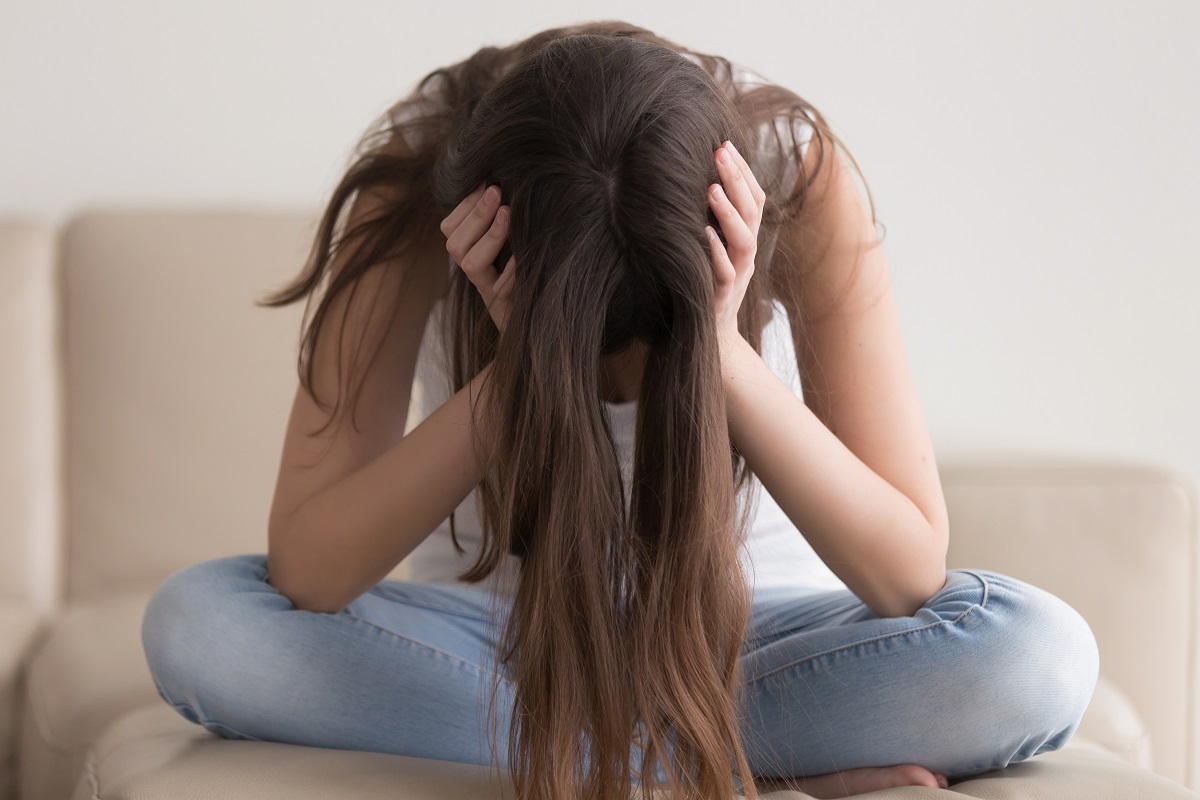- Warts are rough skin growths caused by the human papillomavirus, appearing in different forms.
- It can cause physical discomfort, and emotional distress, affect interpersonal relationships, and hinder work or school life.
- It can spread from one body part to another, including genital warts, which can spread through sexual contact.
- Dealing with warts includes cryotherapy, over-the-counter medications, natural remedies, and seeking professional medical advice.
- Despite being a minor problem, untreated warts can significantly impact one’s life, necessitating proper treatment and management.
Warts are a common skin problem that affects many people of all ages. While they may seem like a harmless condition, warts can have a significant impact on your life. Warts can affect your life, from physical discomfort to social anxiety. Here’s what you need to know about warts, how they can affect your life, and how to deal with them.
What Are Warts?
Warts are small, rough growths on the skin that are caused by a virus called human papillomavirus (HPV). They are non-cancerous and can appear on any part of the body. Warts are usually skin-colored or slightly darker and have a rough texture. They can range from as small as a pinhead to as large as a pea.
Types of Warts
There are several types, and each type has unique characteristics and can appear on different body parts. Here’s a look into each:
- Common Warts: These are usually found on the hands and fingers. They have a rough texture and can be either round or oval-shaped.
- Plantar Warts: These warts are found on the soles of the feet and can be painful, as the pressure from walking or standing can aggravate them.
- Flat Warts: These are smaller and smoother than common warts, and they may appear in large numbers, usually on the face, neck, or legs.
- Filiform Warts: These have a long, narrow shape and often appear on the face, around the mouth, nose, or eyes.
- Periungual Warts: These warts grow under and around fingernails and toenails, causing them to become distorted or rough.
How Do Warts Affect Your Life?
While warts may not be a serious health concern, they can still significantly impact your life. Here are some ways warts can affect you:
1. Physical Discomfort
Warts can be unattractive and can cause physical discomfort. They can be painful, making walking, standing, or engaging in physical activities difficult. For example, plantar warts, which occur on the soles of your feet, can be particularly painful. Warts can spread and become larger if left untreated, making them even more uncomfortable.
2. Emotional Distress

Warts can also affect you emotionally. Many people feel self-conscious and embarrassed about having warts, especially if they are in visible areas such as the face, neck, or hands. This can lead to social anxiety and can impact your confidence and self-esteem. If you have warts in a visible area, you may need to cover them up, which can be inconvenient and uncomfortable.
3. Interpersonal Relationships
Warts can also affect your interpersonal relationships. If you have warts on your hands, you may feel hesitant to shake hands with others, which can create an awkward situation. This can also be a concern if you work in a profession requiring frequent interaction with others.
4. Spread to Other Areas of The Body
Warts can spread from one area of your body to another. If you have warts on your hands, you risk spreading them to your face or other body parts. This can be particularly concerning if you have genital warts, which can be spread through sexual contact.
5. Difficulty With Work or School
Warts can also impact your work or school life. If you have warts on your hands and work in a profession that requires frequent handwashing, this can be an issue. It can also be problematic if you are a student required to participate in physical activities such as sports.
Ways to Deal With Warts
Fortunately, there are several ways to deal with warts. Here are some options you can consider:
Cryotherapy
If your warts have become a significant problem, getting specialized treatments is crucial. Cryotherapy services involve freezing the wart with liquid nitrogen, causing it to blister and fall off. It may require several treatments before the wart is completely gone. The best part is that it’s noninvasive and usually doesn’t leave scarring.
Over-The-Counter Medications
You can also try over-the-counter wart treatments, which typically contain salicylic acid. These products help peel away the layers of the wart gradually. They may take a few weeks to work but can be an effective option for small warts.
Natural Remedies
Several natural remedies can help eliminate warts, including apple cider vinegar, garlic, and tea tree oil. While there isn’t scientific evidence to support these methods, many claim they have effectively treated warts.
Seek Medical Advice
If over-the-counter treatments and natural remedies are not working, it’s best to seek medical advice from a dermatologist. They can provide medical treatment options such as surgical removal or laser therapy.
Warts may seem minor, but they can significantly impact your life. Understanding the types of warts and how they can affect you physically, emotionally, and socially is essential. If you are struggling with warts, know that several treatment options are available, and seeking medical advice can help you find the best solution. Don’t let warts hold you back from living your life to the fullest.

